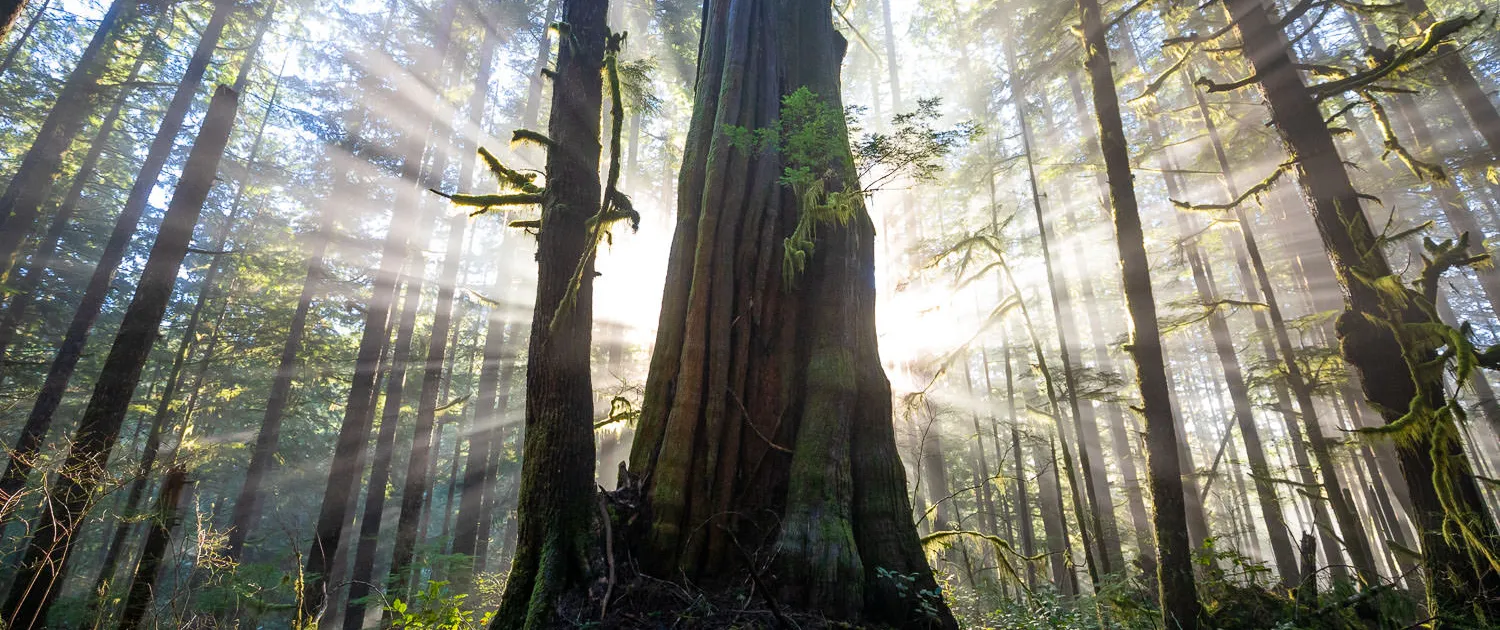 Apr 30 2013
Apr 30 2013Editorial: NDP unclear on environment
When provincial NDP leader Adrian Dix announced his party’s green policy last Monday, Ken Wu of the Ancient Forest Alliance was less than impressed: “The NDP’s environment platform is like a blurry moving sasquatch video in regards to potential old-growth forest protections and park creations. You can’t discern if it’s real and significant, or if it’s just Dix in a fake gorilla costume.”
That’s scarcely a ringing endorsement from a group Dix must be hoping to recruit. If the NDP are to win next month’s election, they’ll need support from environmentalists.
Remember what happened last time. In the 2009 election, the NDP lost the popular vote by a fairly narrow margin, trailing the Liberals 42.2 per cent to 45.8.
Yet the Green party garnered eight per cent of the ballots that year. If the NDP had done better among this group of voters, they might have won. The same was true of the 2005 election. Vote-splitting on the left has cost dearly in the past.
But there’s a problem. Dix can’t match the Greens promise for promise. That would take him too far from the political centre where most of the votes lie.
The environmental platform he laid out testifies to that reality. It’s more remarkable for what it doesn’t contain than for what it does.
The only significant new commitment is a plan to dissolve the Pacific Carbon Trust. More on that in a moment.
Dix reiterated his party’s opposition to a proposed pipeline that would move crude oil from Alberta to Kitimat. He also promised a ban on cosmetic pesticides, and money for park infrastructure.
These are either measures the party must adopt to retain its core vote (opposing the pipeline), or they’re minimalist gestures (the ban on pesticides) calculated to appeal outside the green community. Rather than a streaking sasquatch, the picture they bring to mind is Dix tiptoeing through a minefield.
No mention was made about B.C. Hydro’s proposal to build the Site C hydroelectric dam on the Peace River. Likewise, nothing about old-growth logging, or iron-dumping at sea to improve salmon habitat.
Fish farming or genetically modified crops weren’t mentioned. There was no discussion of grizzly bear hunting, although grizzlies are already “blue-listed,” meaning the species is vulnerable to further predation.
Of course, it’s possible the NDP is keeping quiet about such controversial topics until after the election. Parties often campaign in the centre, then govern closer to their base.
But Dix, like his mentor, former premier Glen Clark, comes from the blue-collar side of the party. Environmental restrictions that put jobs at risk in forestry or the fishery might be a bridge too far for him.
There is, however, a huge area of uncertainty. As noted, the New Democrats are planning to dissolve the Pacific Carbon Trust, a Crown corporation that helps public- and private-sector agencies reduce their carbon “footprint” by selling them “offsets” that reduce greenhouse gas emissions elsewhere.
Last month, provincial auditor general John Doyle published a scathing review. Doyle found that some of the alleged offsets were far less effective than claimed. Dix used this report as justification for killing the trust.
There are indeed very real problems with carbon trading. The same difficulties have cropped up in other countries. But does that mean cap-and-trade is now dead in B.C.?
Who knows? Dix said only that some of the trust’s functions would be assumed by the Climate Action Secretariat. That is hardy a full or convincing answer.
It appears, on this central issue, that the NDP are unwilling to take a clear stance for now.
Perhaps the blurry sasquatch isn’t such a bad metaphor after all.
Read More: https://www.timescolonist.com/editorial-ndp-unclear-on-environment-1.140177





